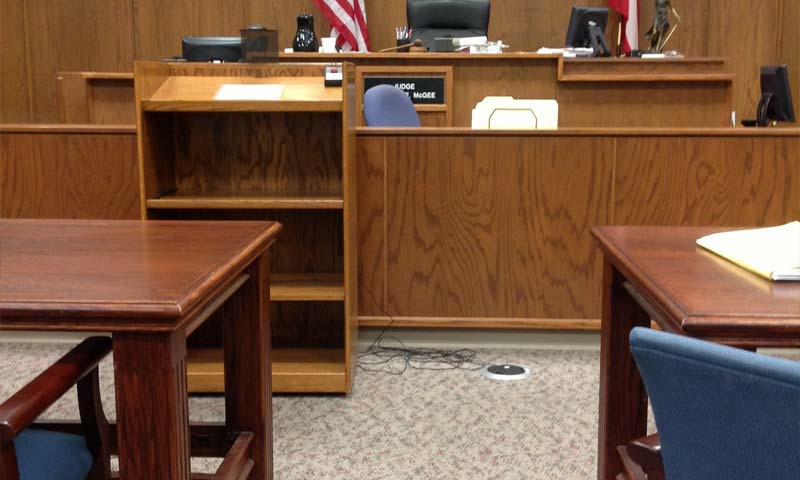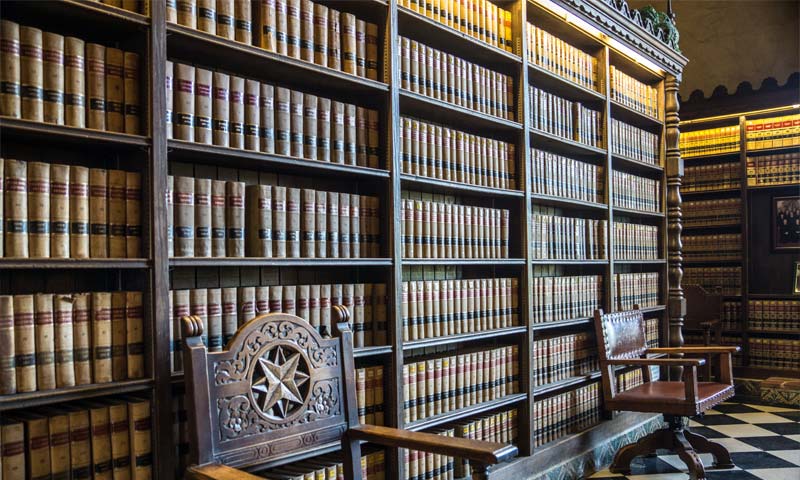Asset Protection
PROTECTING YOUR ASSETS FROM DEBT COLLECTION
If you are considering filing for bankruptcy protection, your assets may dictate what chapter you should file under.
In Chapter 7, the bankruptcy trustee will look to liquidate assets in order to pay your debts. But you are protected by laws called exemptions, which prevent you from losing everything you own to your creditors. In Illinois, your exemptions include:
- 100 percent of retirement funds, certain cash-value life insurance, workers’ compensation proceeds and Social Security benefits
- Up to $2,400 in the equity of a vehicle
- Up to $15,000 in the equity of a home ($30,000 for a married couple with a jointly owned home)
- Up to $4,000 ($8,000 for a married couple) of any personal property, such as cash, jewelry or furniture
- Up to $15,000 in a personal injury award or settlement
Most consumer Chapter 7 filers do not own any non exempt assets and are therefore considered to have “no asset” cases. If you own non exempt assets, you can file Chapter 7, but you risk having to turn over property to the trustee.
In Chapter 13, liquidation is not a concern. However, you have to pay your unsecured creditors at least as much as they could get in a Chapter 7. For example, if you own a home with $50,000 of unexempt equity, and you file a Chapter 13 on $40,000 of credit card debt, you will have to pay 100 percent of the debt, even if you have little disposable income. This is because in a Chapter 7, a liquidation of your home would generate enough money to pay your creditors in full.
Learn More About Asset Protection In Bankruptcy
Lawyer Brian G. Hiatt can counsel you as to whether your asset situation calls for a Chapter 7 or Chapter 13 bankruptcy. A skilled bankruptcy attorney, he seeks to help you maximize your asset protection while securing debt relief. Call his office in Bourbonnais toll free at 815-304-5441 or email the firm to schedule an appointment.
Brian G. Hiatt’s law firm is a debt relief agency. It helps people file for bankruptcy relief under the Bankruptcy Code.




















